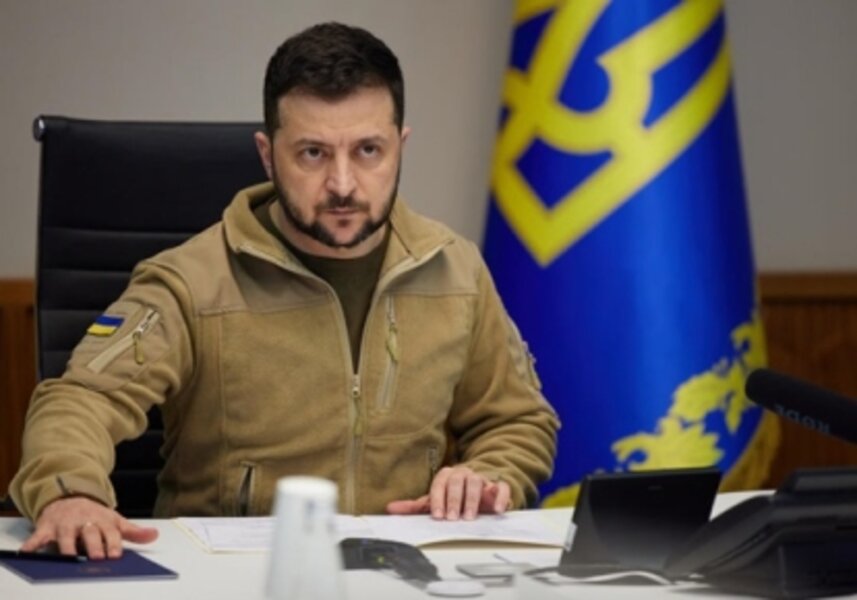Ukrainian President Volodymyr Zelenskyy and British Prime Minister Rishi Sunak signed a bilateral security agreement on Friday, January 12. The document legally consolidates the statement of the G7 leaders on security assurances for Ukraine, announced at NATO’s Vilnius summit in July 2023.
Specific bilateral agreements with states that agreed to provide security assurances were to be signed subsequently. The agreement with the UK was the first such deal inked between Ukraine and G7 members (plus the aligned states).
The UK’s obligations under the agreement will remain in force until Ukraine joins NATO, President Zelenskyy said after signing. However, if Ukraine joins the Alliance before the agreement expires, security assurances laid down in it will be incorporated into the NATO system.
The agreement places the greatest emphasis on defense and security. These are the specific amounts mentioned that the UK has allocated in support of Ukraine since 2022, and also obligations to ensure that these amounts further cover Ukraine’s needs. Issues of maritime security and defense cooperation were specifically mentioned. The agreement also notes cooperation in the event of another act of aggression on the part of Russia.
The signing of a security agreement with the United Kingdom is a significant step toward achieving security assurances from partners, however, it is not the only one. As noted by the Ukrainian President’s Office, similar agreements are being drafted with other countries.
Security assurances for Ukraine are beneficial to other nations. The most obvious advantage is the weakening of Russia and the establishment of a just peace in Ukraine, which will allow the countries in Eastern Europe to prevent security risks from coming into life. In addition, there are economic benefits as close defense cooperation between Ukraine and its partners will allow for the expansion of arms production, which will have a positive impact on the economic climate across Europe.
Consequently, Russia’s attempts to undermine international support for Ukraine are failing, which is proven by the continued consolidation of the West on the issue of countering Russia’s armed aggression.

